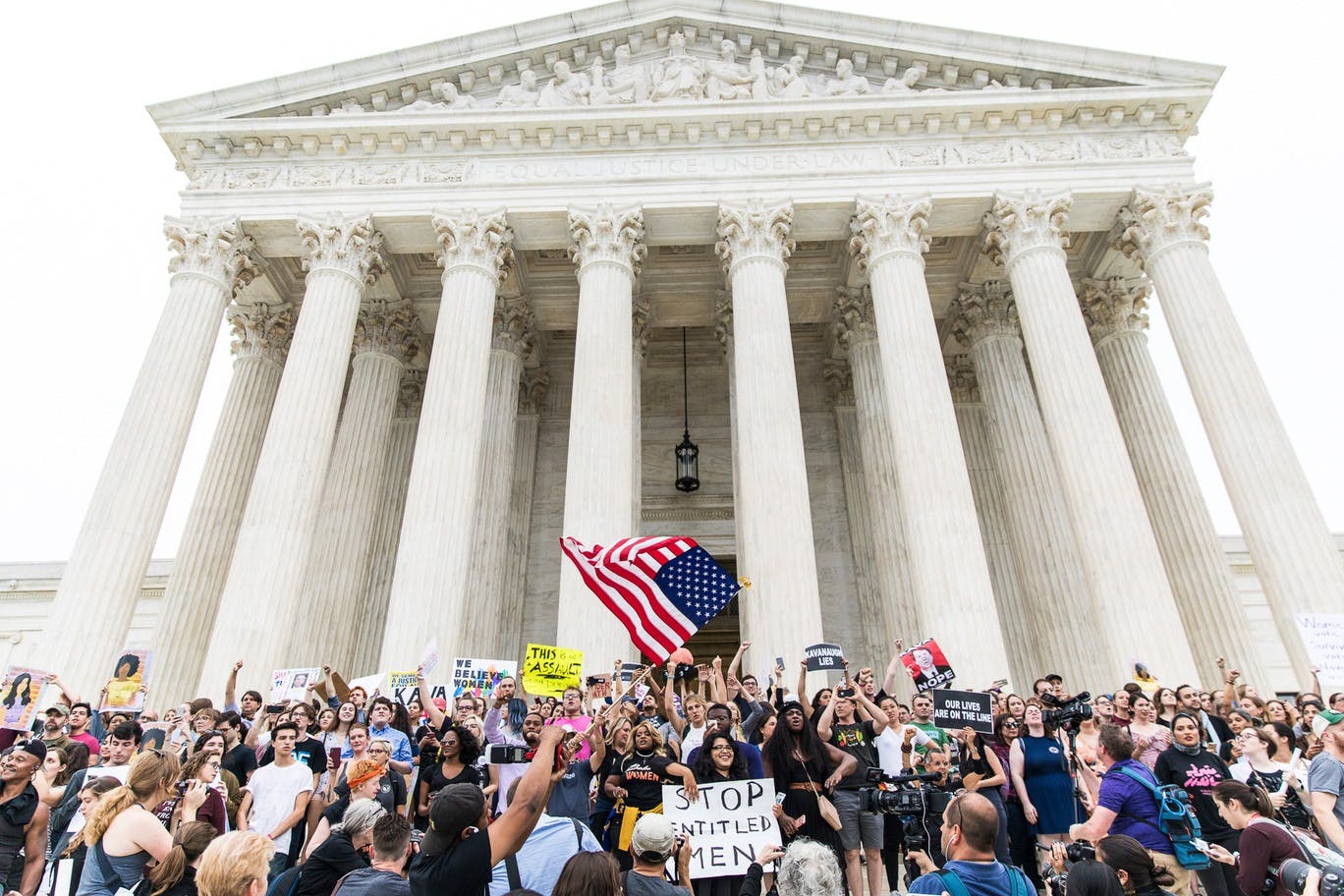The SCOTUS Decision on Roe Means Funders Must Show Up Boldly
27 June 2022
The Supreme Court of the United States has made their decision in Dobbs v. Jackson Women’s Health Organization, overturning Roe v. Wade and jeopardizing the rights of millions of Americans. This decision allows states to reduce and criminalize access and support for abortion care. In the months and years ahead, it’s very likely that abortion will become entirely unavailable and criminalized in at least twenty-six US states. The impact will be particularly devastating in the South, where all states except Florida are likely to entirely prohibit abortion.
While facing many and increasing barriers to reproductive care is not new, the impact of this decision will be catastrophic. This decision will lead to pregnant people being forced to carry fetuses to term, causing lasting damage to their mental and physical health, and to the criminalization of people who carry out abortions and/or support those who do. Beyond abortion, it will mean that marginalized people, particularly Black, Indigenous, and People of Color (BIPOC), as well as low-income and rural BIPOC, will have even more difficulty accessing contraception, adequate prenatal and pregnancy care, comprehensive sex education, and the like.
This Supreme Court decision follows a steady and consistent pattern over the past several years of state legislation that has not only restricted access to abortion and reproductive care more broadly but also eliminated safe sex education in public education and diminished the rights and bodily autonomy of LGBTQI individuals. With this decision, a majority of the Court held that people don’t have a right to privacy and personal autonomy over decisions involving our bodies and relationships. This is thought to foreshadow the Court's future re-interpretation of Constitutional support for other protections based on a right to "privacy," including fundamental protections for LGBTQI people. It also calls into question our rights to access birth control or have sex without fear of criminalization. The implications for cisgender women and girls, and transgender and nonbinary people are staggering.
In response to this decision, Foundation for a Just Society is doubling down on our commitment to support movement groups taking an intersectional approach to reproductive justice focused on promoting the bodily autonomy of women, girls, and LGBTQI people. We are supporting multiple strategies, including bolstering the capacity of local abortion and legal defense funds, supporting organizing and power building strategies that seek to neutralize and overturn this decision.
We’ve also signed on to the Women’s Funding Network Pledge to Protect Access and Reproductive Justice and we’re living up to our commitment by:
- Continuing to fund collaborations across strategies and issues, investing for the long-term with multi-year flexible funding, trusting grassroots groups and the leadership of the gender justice movement, and reducing administrative burdens in our grantmaking processes.
- Increasing funding to existing grantee partners with larger renewal grants.
We call on our funder peers to join us in signing this pledge and taking bold action to support movements to confront this moment and ensure our most impacted communities are protected and get the care they need.

